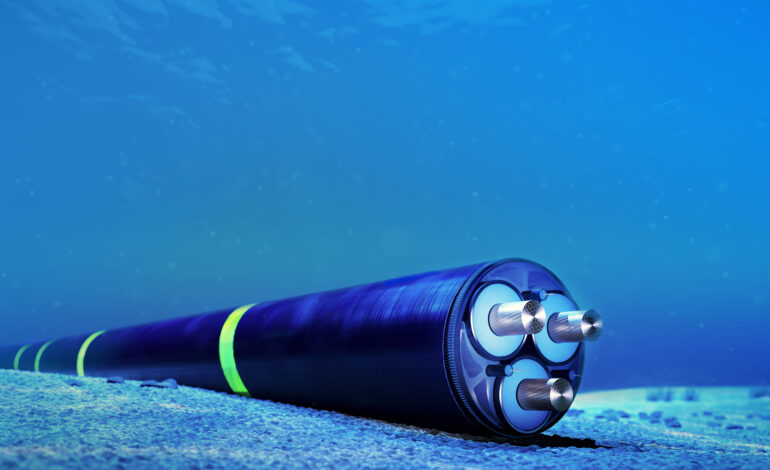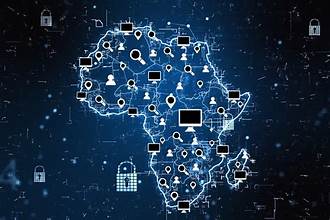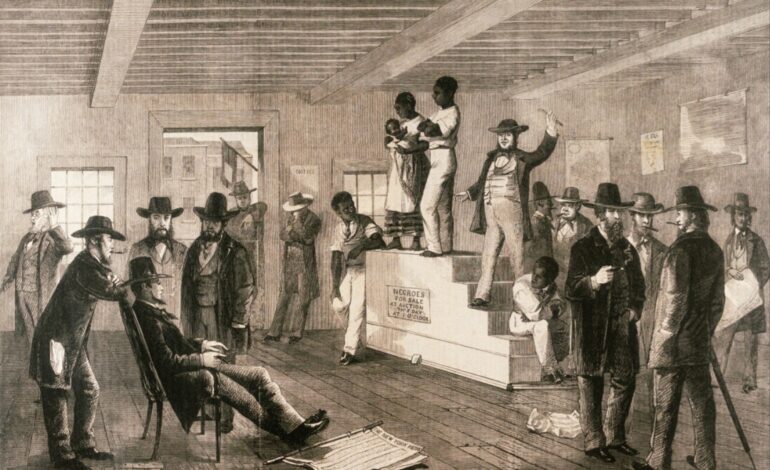
Faith Nyasuguta
Google is making a major push to improve internet access across Africa by building four new infrastructure hubs. Each hub will include subsea cable landing stations and data centres, designed to link its newest undersea cables – Equiano and Umoja- to local networks in the north, west, south, and east regions of the continent.
The company says these hubs are part of its ongoing effort to overcome unreliable connectivity, high costs, and frequent service interruptions when subsea cables get damaged. By placing landing points closer to the users, Google hopes to reduce delays, lower prices for broadband, and strengthen overall network stability.
These hubs will represent entirely new investment from Google, beyond previous pledges. The plan is to finish them in about three years. Once up and running, they are expected to bring major benefits not only to telecom companies, but also to everyday users – students, businesses, health services, and startups.

Beyond the technical infrastructure, Google is hoping this move will spark wider transformation. Telecom operators like MTN and Vodacom are expected to be among those who will benefit from better backbone connectivity, enabling them to deliver faster and more affordable internet services. That, in turn, could stimulate innovation, digital education, job growth, and access to tools like cloud computing and AI.
Still, there are challenges. Building and maintaining these hubs means dealing with power supply issues, securing land, navigating regulatory approval in different countries, and ensuring the infrastructure is well protected. And there’s the question of reaching rural areas – because many past improvements mostly helped urban or coastal zones, leaving remote regions behind.
Experts believe that if Google pulls this off well, these hubs could help close Africa’s digital divide. Reliable, high-speed internet can unlock opportunities in education, health care, commerce and governance. It could also help reduce dependence on high-cost imports of technology services and data, while creating a more resilient digital ecosystem overall.

Google’s plan is a high-stakes bet on Africa’s future: better-connected homes, schools, businesses, and more tech opportunity for millions who’ve long been underserved. The timing seems right as demand for internet, digital tools, and AI keeps growing fast. With these new hubs, Africa may be about to get a much stronger digital backbone.
RELATED:








